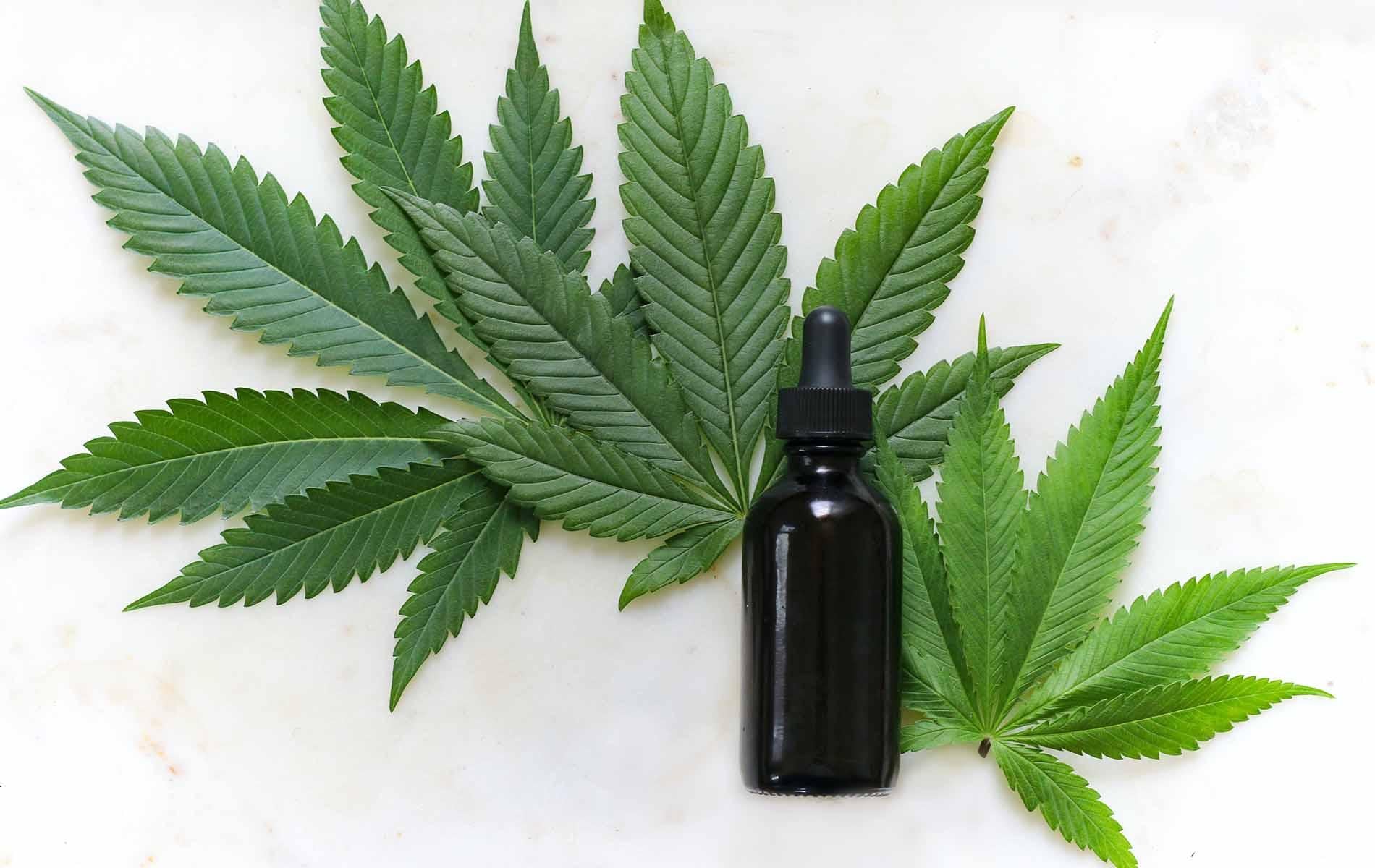Cannabinoids can now be easily produced synthetically and are even cheaper than natural hemp extracts. But can this lab-grown product compete with nature?
Hemp: a complex plant
The cannabis plant contains numerous cannabinoids: tetrahydrocannabinol (THC), cannabidiol (CBD), cannabinol (CBN), cannabigerol (CBG), and cannabichromene (CBC) are just the most well-known. Neither their individual effects nor their interactions have been sufficiently researched. Even the human body produces cannabinoids: the endocannabinoids. The human body thus has an endocannabinoid system that can interact with cannabinoids. Many bodily functions are linked to the endocannabinoid system—sleep, appetite, memory, and many others. Cannabinoids such as cannabidiol (CBD) can now be produced synthetically. But are synthetic cannabinoids equivalent to the natural version?
Artificial cannabinoids are cheaper
The synthesis of natural compounds is an important branch of the pharmaceutical industry. Aspirin, for example, is the result of the industrial synthesis of a natural active ingredient. The active ingredient salicin can be extracted from the leaves and bark of the willow tree. Pharmacy-bought aspirin contains the synthesized version of the active ingredient, acetylsalicylic acid. And of course, we could still treat the ailments for which we use aspirin today with natural remedies based on the willow as a medicinal plant.
Synthetic CBD in the form of a very pure, crystalline powder is typically used as the active ingredient in pharmaceuticals. At the molecular level, there is no difference from plant-based CBD. The production of the synthetic active ingredient is a simple process for the pharmaceutical industry, and quality can thus be standardized. Synthetically produced, a substance like cannabidiol is cheaper than if it has to be extracted naturally from the plant. Even though consumers generally prefer natural extracts – purely for emotional reasons – mass-produced synthetic substances have the edge in terms of price.
The production of natural CBD involves costs and risks
Despite the greater effort involved, many cannabis product manufacturers often rely on natural CBD – even though production is more complex and unpredictable: Maintaining the plantations is costly and labor-intensive. Natural cultivation is fraught with additional risks; for example, there are usually limits for THC concentrations that must not be exceeded. Since a natural product is subject to fluctuations in THC content, exceeding these limits carries the risk of losing the entire harvest. The use of artificial cannabinoids eliminates this risk.
Entourage effect: The whole is more than the sum of its parts
The advantage of isolated components is obvious: the targeted use of an active ingredient for humans. I have a vitamin C deficiency, so I take vitamin C. Or my body needs more vitamin D, so I take vitamin D. However, practice shows that, firstly, it's not always clear what we're missing, and secondly, the isolated substance doesn't have the same effect as when it interacts with other substances. Just as a telephone call can't replace a personal relationship, a vitamin C tablet can't replace an apple or an orange. The whole is greater than the sum of its parts.
In cannabis research, this is called the "entourage effect"; it states that a mixture of plant compounds has greater biological activity than the isolated pure substance itself. In other words: We don't know for sure whether CBD is more effective if we consume THC or certain plant-derived terpenes or flavonoids alongside CBD. We only know: This or that did me good – but why exactly? For this reason, Heimat products always contain whole flowers, not just isolated components. Experience teaches us that while we can see a small section more clearly under the microscope, this isn't the whole truth. Every plant is an orchestra. Just like the human organism. Let's let them play together.


